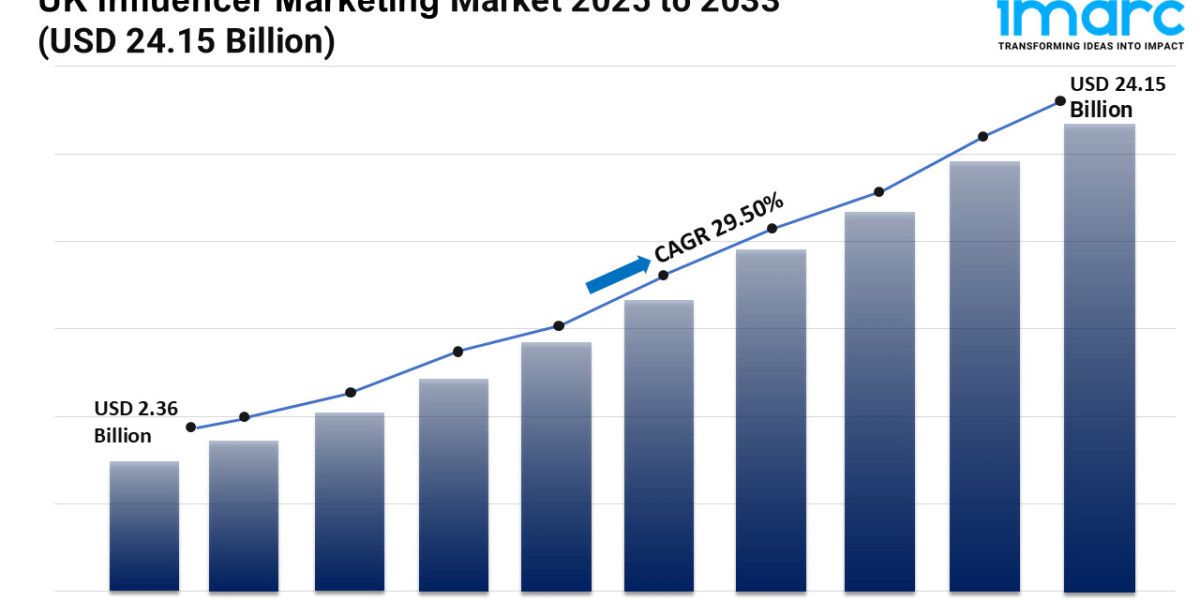In the dynamic and rapidly evolving business landscape of the United Arab Emirates (UAE), robust financial reporting stands as a cornerstone of success, sustainability, and trust. It's more than just a regulatory requirement; it's a vital tool that empowers businesses of all sizes to make informed decisions, attract investment, and navigate the complexities of the market. This article delves into the crucial reasons why financial reporting holds such significance for businesses operating within the UAE.
At its core, financial reporting involves the systematic process of recording, summarizing, and communicating a company's financial performance and position. This information is typically presented in the form of financial statements, including the balance sheet, income statement, statement of cash flows, and statement of changes in equity, along with accompanying notes. For UAE businesses, adhering to international standards like IFRS (International Financial Reporting Standards), which are widely adopted in the region, ensures transparency and comparability.
Empowering Informed Decision-Making:
Perhaps the most fundamental benefit of sound financial reporting is its ability to provide management with a clear and accurate picture of the company's financial health. By analyzing financial statements, business owners and executives can:
- Assess Performance: Understand profitability, revenue trends, and cost structures over specific periods. For instance, comparing quarterly income statements can reveal growth patterns or areas needing improvement.
- Evaluate Financial Position: Gain insights into assets, liabilities, and equity, providing a snapshot of the company's financial stability and its ability to meet its obligations. A strong balance sheet can reassure stakeholders about the company's long-term viability.
- Monitor Cash Flows: Track the movement of cash both into and out of the business, crucial for managing liquidity and ensuring the company can meet its short-term financial needs. Analyzing the statement of cash flows can highlight potential cash flow bottlenecks.
- Identify Areas for Improvement: Pinpoint inefficiencies, high-cost centers, or underperforming segments of the business, enabling targeted strategies for optimization and growth. For example, a high cost of goods sold percentage might prompt a review of supply chain management.
- Make Strategic Choices: Base critical business decisions, such as expansion, investment in new technologies, or entering new markets, on solid financial data and projections. Accurate financial reporting provides the foundation for reliable financial forecasting.
Attracting Investment and Securing Financing:
For businesses seeking external funding, whether through investors or financial institutions, transparent and reliable financial reporting is paramount. Investors and lenders rely heavily on financial statements to assess the risk and potential return associated with their investment or loan.
- Building Investor Confidence: Well-prepared financial reports demonstrate accountability and transparency, fostering trust among potential investors. This increases the likelihood of securing the necessary capital for growth and expansion.
- Facilitating Loan Applications: Banks and other financial institutions require detailed financial information to evaluate a company's creditworthiness and ability to repay loans. Strong financial reporting significantly improves the chances of loan approval and favorable terms.
- Valuation and Mergers & Acquisitions: Accurate financial data is essential for determining a company's fair value during mergers, acquisitions, or divestitures. Transparent financial reporting streamlines these processes and ensures a more equitable outcome.
Ensuring Regulatory Compliance and Avoiding Penalties:
The UAE has a robust regulatory framework governing financial reporting. Compliance with these regulations is not only a legal obligation but also crucial for maintaining a positive business reputation and avoiding penalties.
- Adherence to Laws and Standards: Businesses in the UAE are required to comply with specific accounting standards and reporting requirements stipulated by authorities such as the Ministry of Economy and the relevant free zone authorities.
- Tax Compliance: Accurate financial records are essential for preparing and filing tax returns in accordance with UAE tax laws, including corporate tax. Proper reporting minimizes the risk of audits and penalties.
- Maintaining Business Licenses: Compliance with financial reporting requirements is often a prerequisite for renewing and maintaining business licenses within the UAE.
Enhancing Stakeholder Trust and Reputation:
Beyond investors and lenders, other stakeholders, including customers, suppliers, and employees, also rely on a company's financial reporting to form opinions about its stability and reliability.
- Building Credibility with Suppliers: Suppliers are more likely to offer favorable terms and build long-term relationships with businesses that demonstrate financial stability through transparent reporting.
- Instilling Confidence in Customers: Customers may view financially sound companies as more reliable and trustworthy partners.
- Boosting Employee Morale: Employees often feel more secure and motivated when working for a financially stable and transparent organization.
Facilitating Benchmarking and Performance Evaluation:
Consistent and comparable financial reporting allows UAE businesses to benchmark their performance against industry peers, both domestically and internationally. This provides valuable insights into areas where the company excels or lags behind, enabling them to set realistic targets and implement strategies for improvement.
In Conclusion:
Financial reporting is not merely a compliance exercise for UAE businesses; it is a fundamental pillar that underpins sound management, attracts investment, ensures regulatory adherence, and fosters trust among stakeholders. By embracing robust financial reporting practices from IFRS advisory services UAE, businesses in the UAE can navigate the complexities of the market with greater confidence, make informed decisions that drive growth and sustainability, and ultimately achieve long-term success in this dynamic economic hub. Investing in strong financial reporting systems and expertise is an investment in the future of any business operating within the UAE.



